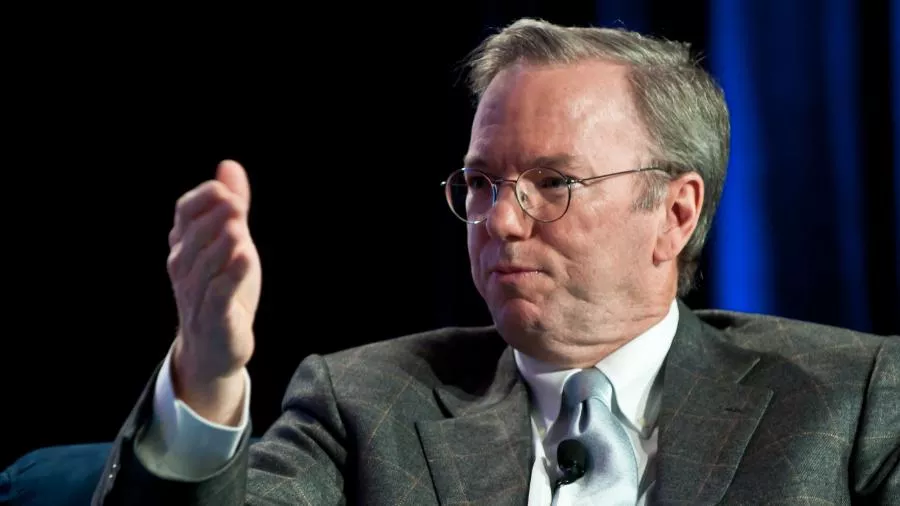Google’s Project Dragonfly Will Help China “Be More Open”: Ex-CEO Eric Schmidt

Eric Schmidt, the former CEO of Google, is advocating for the company’s plan to build a censored search engine for China, codenamed as ‘Project Dragonfly.’ In an interview with the BBC, Schmidt confirmed that he was never part of the decision to build a censored version of Google in China.
And even though Google has put Project Dragonfly on hold for now, the ex-CEO says that he was in favor of the company’s work in the country when it originally pulled out of China. Schmidt also said there are “many benefits” to working with China. He believes that operating in the country could “help change China to be more open.”
Although Schmidt “couldn’t say” whether Google would revive Project Dragonfly or if it is finished for good, the project received a heavy backlash from other Google employees last year. They claimed in an open letter that a censored search engine was contrary to the company’s values.
Before coming under the public eye, Google worked hard to keep Dragonfly a secret. Only a few hundred of the company’s 88,000 employees knew about it.
On being questioned on the level of secrecy around the project and how it reflected Google’s “commitment to transparency,” Schmidt told the BBC that “certainly the people who were building all these products knew about it.”
After this, a Googler familiar with the Dragonfly project was angered by Schmidt’s remarks and called it “bullshit.”
According to the employee, around “90 percent of engineers [in Google’s search department] had no idea [about Dragonfly].” They were very disappointed when they learned that “their work was contributing to this.”
Eric Schmidt was Google’s CEO for a decade between 2001 and 2011 and he still serves on the board of directors in parent company Alphabet’s alongside co-founders Larry Page, Sergey Brin and current CEO Sundar Pichai.
It was during Schmidt’s tenure as CEO in 2010 when Google pulled out of China due to the government’s interference. Even then, he opposed the decision to leave China and argued that the company should remain in China, despite the censorship requirements.
Also Read: Will The Plan To Break Up Facebook Work? Even Zuckerberg Is Confused!






